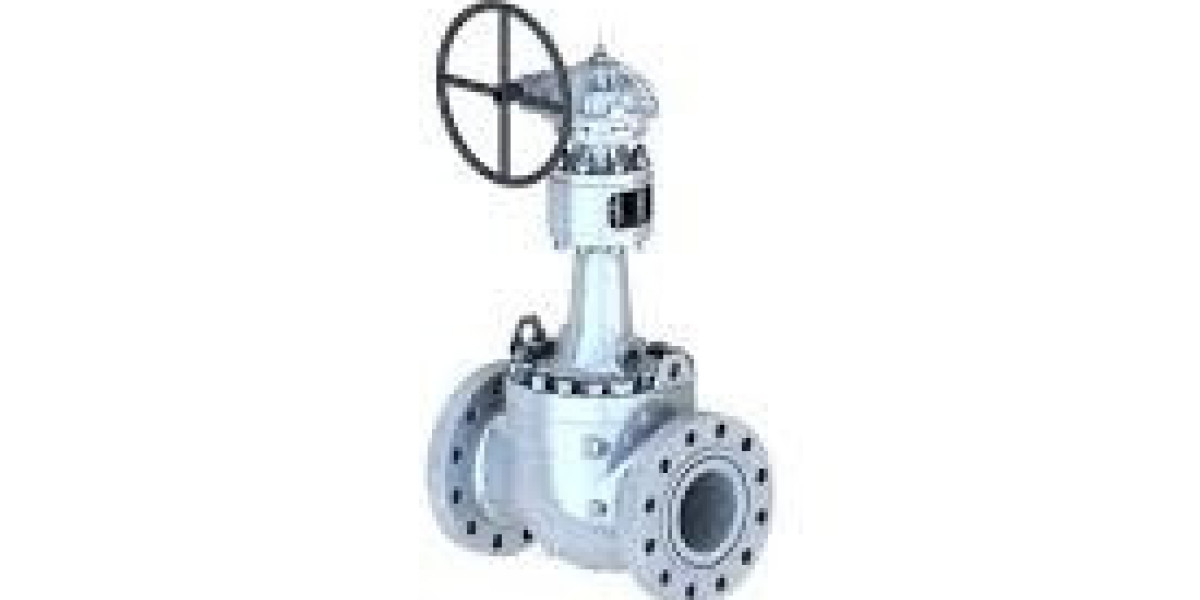In the evolving landscape of industrial control, precision and intelligence are no longer separate pursuits. The company has seamlessly woven both into its engineering DNA, transforming fluid regulation into a realm of technical harmony. As an Orbital Ball Valve Maker, Naishi builds its philosophy on balance—merging material endurance, motion stability, and mechanical awareness within every design concept that adapts to complex environments.
Each valve embodies a dialogue between automation and mechanical refinement. Sensors and actuators interact with the valve structure to sustain controlled flow under pressure without energy waste. The system's integrated logic enables precise adjustments while reducing wear on moving components. Through this approach, every operation becomes not only efficient but also intuitively aligned with its surrounding network.
Material science remains the cornerstone of this progression. Advanced metal alloys, selected for their resistance to fatigue and corrosion, form the structural base of long-term durability. Specialized coatings reduce friction and prevent micro-abrasion, ensuring that the internal mechanics perform consistently under temperature fluctuations. The blend of strength and adaptability transforms each component into a reliable part of a living industrial ecosystem.
Predictive design further strengthens this engineering discipline. Computational modeling anticipates stress distribution and flow turbulence long before manufacturing begins, ensuring stable operation across variable loads. Testing under simulated environments verifies theoretical models, confirming performance accuracy. The result is a bridge between digital precision and real-world endurance, merging virtual foresight with physical craftsmanship.
Automation has expanded this bridge even further. Smart control systems now allow valves to communicate within industrial grids, adjusting dynamically to fluctuating demands. In marine transport, chemical processing, and energy distribution, this adaptability minimizes manual intervention and promotes continuous stability. The result is a mechanical system that learns through operation—responding, adapting, and optimizing in real time.
Sustainability defines the deeper purpose behind these technologies. Each product minimizes leakage and energy loss while simplifying maintenance procedures through modular structures. This approach supports industries aiming to reduce emissions and operational waste. Precision here is not just technical—it is ethical, reflecting a respect for both performance and the environment it serves.
Behind the discipline of innovation lies a culture of testing and verification. Every valve endures pressure, vibration, and heat cycles that replicate industrial challenges. Such stringent validation ensures not only the stability of a single unit but the uniform quality of every production batch. Reliability is not left to chance—it is engineered into every phase of development.
In modern industry, components must not only function—they must communicate, endure, and evolve. The company meets these challenges through a combination of metallurgy, automation, and responsible design. Its pursuit of equilibrium between intelligence and endurance defines its place in the future of engineering. Through continuous innovation as an Orbital Ball Valve Maker, Naishi shapes an era where precision and purpose converge. To explore this integration of motion and science, visit https://www.ncevalve.com/product/













